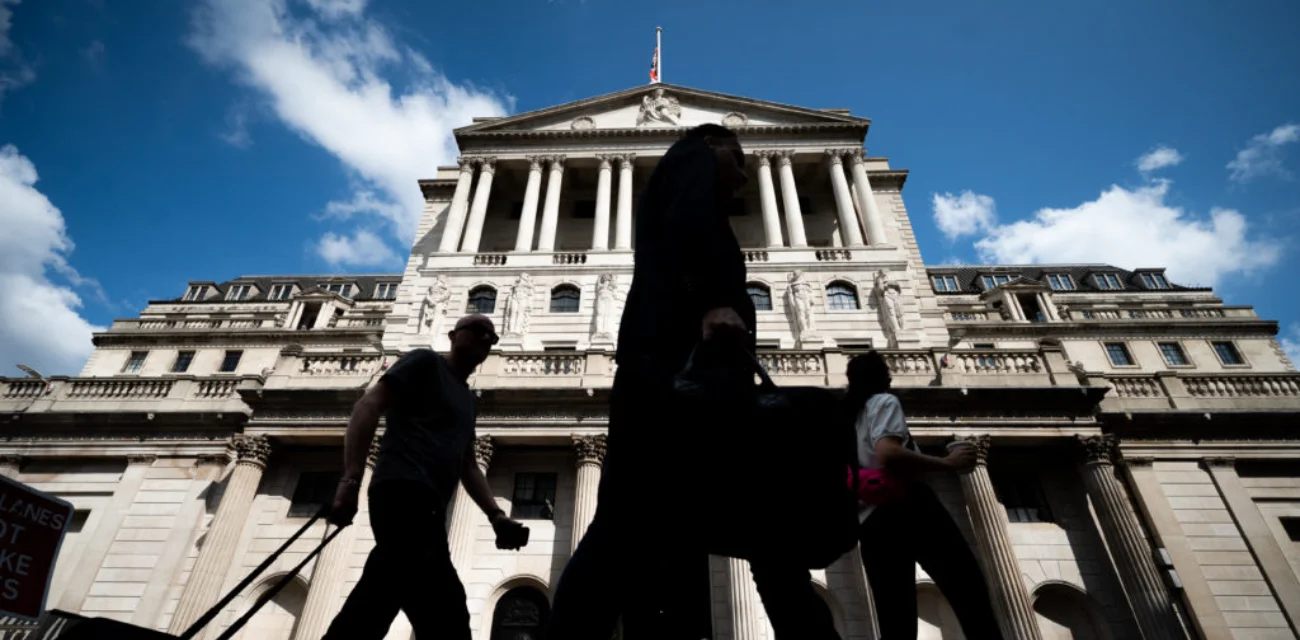The Bank of England is poised to announce a significant interest rate cut next week, anticipated to reduce the base rate by a quarter-point to 4.75%. This decision comes amid concerns over the potential inflationary impact of Labour’s recent autumn Budget, which introduced nearly £70 billion in additional annual spending, funded primarily by tax increases and increased borrowing.
As policymakers prepare for their November meeting, the latest economic indicators are contributing to optimism regarding a rate cut. The most recent inflation figures reveal a decline in the headline rate to 1.7%, marking the lowest level since April 2021. Additionally, inflation within the services sector has also seen a decrease, reinforcing expectations that rate-setters may opt for a reduction.
Thomas Pugh, an economist at RSM, commented on the situation, stating, “Given the current economic climate and these indicators, a rate cut is nailed on.” The current base rate stands at 5%, having been raised in previous years in an effort to curb inflation and achieve the Bank’s target rate of 2%.
In conjunction with these developments, recent data on wage growth has shown a slowdown, with average regular earnings growth dropping to 4.9% for the three months ending in July. This further underscores the changing dynamics within the economy and the rationale for a potential rate reduction.
The Monetary Policy Committee (MPC) is navigating a complex landscape as it meets following Chancellor Rachel Reeves’ announcement. The Office for Budget Responsibility (OBR) has indicated that the sharp increase in public spending may lead to higher inflation rates, even as it is also expected to foster stronger economic growth. The OBR predicts inflation will average 2.5% this year and 2.6% next year, contingent upon the Bank of England’s response to these fiscal changes.
Pugh noted that while a rate cut appears imminent, the pace at which rates will decline may be tempered by the fiscal loosening introduced in the Budget. “Rates are likely to fall more slowly over the course of the next year. Indeed, a sequential rate cut in December now looks unlikely,” he explained.
Market expectations have adjusted in light of the Budget, now pricing in fewer than four quarter-point cuts from the Bank by the end of next year, down from previous predictions of nearly five cuts. Despite these changes, Matt Swannell, chief economic adviser to the EY Item Club, maintains a positive outlook, asserting that the Budget will not obstruct future interest rate cuts. “At its November meeting, the MPC will likely convey confidence that inflation persistence is easing while indicating that the Bank Rate will need to remain restrictive for some time, with future cuts likely to be gradual,” he stated.
As the Bank of England approaches this pivotal decision, all eyes will be on the impact of the autumn Budget and its implications for both inflation and economic growth.







